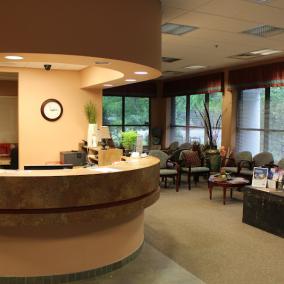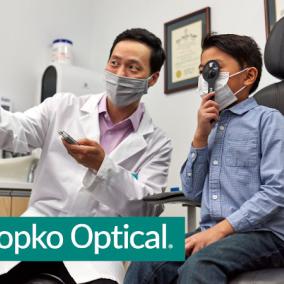What is night blindness? Symptoms, causes & treatment
Another kind of issue that primarily affects a person's capacity to see normally is night blindness. It is an indication of an underlying problem that might be anything from cataracts to specific retinal diseases. The issue may seriously impair a person's quality of life by making routine nighttime tasks like driving after dusk dangerous.
Signs to Be Aware Of
Though there are other symptoms as well, poor vision is the primary one. When going from a well-lit to a darker setting, such as when coming inside after being outdoors on a sunny day, some people might find it difficult to adapt their eyesight. Certain people might find it hard to see small details in the dark, which would make it impossible to see impediments in dim light. Sometimes poor lighting makes it difficult for individuals to recognize faces. Every one of these signs should be carefully examined since they might point to many underlying problems that need attention.
Issue Triggers
The eye issue may result from several diseases and circumstances. Because it is needed to make rhodopsin, an eye pigment needed for low-light vision, a lack of vitamin A is one frequent reason. Two further possible reasons are cataracts and some drugs that may make night vision worse. A good treatment approach depends on early sign recognition.
Care Tactics
Depending on the particular trigger, night blindness is treated differently. In case of a deficiency in vitamin A, it must be restored with the right scheme of taking this vitamin. A surgical operation might be needed when cataracts are the trigger.
See a doctor if you are having some of the above-mentioned troubles; they can direct you to the right diagnosis and course of therapy. By adopting such preventive actions, one may reduce risks and greatly enhance the quality of life.
See a doctor if you are having some of the above-mentioned troubles; they can direct you to the right diagnosis and course of therapy. By adopting such preventive actions, one may reduce risks and greatly enhance the quality of life.

















